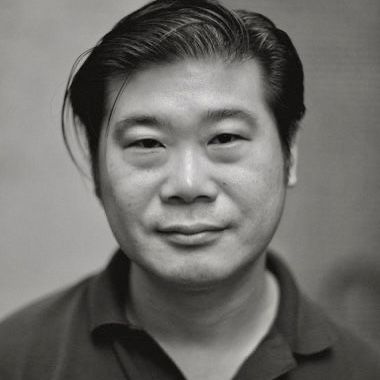On Jury Duty
A few weeks ago, I was selected to serve on a jury for a murder trial.
The trial lasted just under a week and we finished deliberations in about two days finding the defendant guilty on all charges. After delivering the verdict, we held a short debrief with the judge, and then dispersed returning back to our separate lives.
To say that it’s been an emotionally and intellectually draining experience is a huge understatement.
As a juror, you take an oath to be fair and impartial. You must render a verdict based solely upon the evidence, not because you have sympathy for the defendant (or the victim), or that you feel someone must pay for the crime.
On paper, this all seems reasonably simple and easy to follow. However, in reality it’s much more difficult. You are to sit in judgment of another human being, and the consequences of your actions are going to directly impact real people, both the defendant and his family as well as the victim’s family and friends.
You are also not here to facilitate a discussion, build consensus, or find a win-win situation. You will need to take a position that will directly and profoundly impact the people who are sitting right there in front of you, and you need to be okay with that.
For me, the easiest way to balance the responsibility against the intense awkwardness of the situation was to consciously compartmentalize my emotions. From what I hear, I’m pretty good at that, and being detached was the only way for me to be impartial as I heard the evidence.
However, even that was complicated. While we knew someone had been brutally murdered, there was no direct evidence: no eye witnesses, video tape, or smoking gun linking the defendant to the murder.
The case was being tried purely on circumstantial evidence. If we were to discover any truth in the case, we were going to infer it ourselves. Avoiding cognitive biases and logical fallacies is challenging enough as an individual. To do so along with eleven other jurors in the room, all of whom are also trying to determine whether their doubts are reasonable can get really complicated.
I’ll skip over the details of the case as well as our rationale for finding the defendant guilty beyond a reasonable doubt. That is perhaps for another time.
Instead, what I’d rather do is share a few takeaways:
1. Everyone should sit in on a trial end-to-end to learn how the justice system works.
Neither TV, film, the news, nor Serial prepared me for this. Consumptive entertainment experiences should not be driving our understanding of how the system works. I would go so far as to suggest that high schools should mandate that students sit through an entire criminal trial.
2. Logical reasoning works.
Getting to a guilty verdict beyond a reasonable doubt in this case required proving that the alternatives were either impossible or extremely improbable given the evidence.
In other words, we got to a conviction solely on the basis of logical inference. Who knew that was even possible.
As the case went on I realized how rusty I was in this area and am now grateful to my high school math teachers for making me do all of those geometric proofs.
3. The manner in which an argument is presented is just as important as the argument itself.
When we began deliberations, one of the first things we did was to request all of the visual evidence (mainly photos) so that we could simply lay them out on a table and look at them together.
From that, it became much easier to determine the manner in which the victim was killed and to characterize the odd way in which the victim’s body was left at the scene. Both of these inferences were critical in arriving at our verdict and there’s no question we would’ve missed them had we not taken a holistic visual approach to review the evidence.
This is perhaps my biggest criticism of the process — that over the course of the trial, the evidence was primarily presented linearly and piece-by-piece, and that there wasn’t as much attention spent on facilitating the process of synthesis. Think Tufte and Power Point.
4. If I had an opportunity to serve on a jury again, I would do so.
I’ve had a lot of people ask me how I feel now that I’m done with the trial. While I am somewhat relieved to have regained control over my schedule, I’m neither happy nor sad that we convicted the defendant, nor do I really feel any ounce of pride for having delivered justice on behalf of the victim and her loved ones. I’m simply tired. I can’t speak for my fellow jurors, but I don’t think they are too far off from that.
Perhaps it just takes some time for the compartmentalization of one’s emotions to undo itself.
In any event, I don’t think I could feel more strongly about the importance of serving on a jury, particularly for criminal cases.
For anyone whose work involves designing systems, there may be no better thing to study first-hand than our long-standing justice system: the elements, the principles, the actors, how they fit together, along with what works well and what does not.
